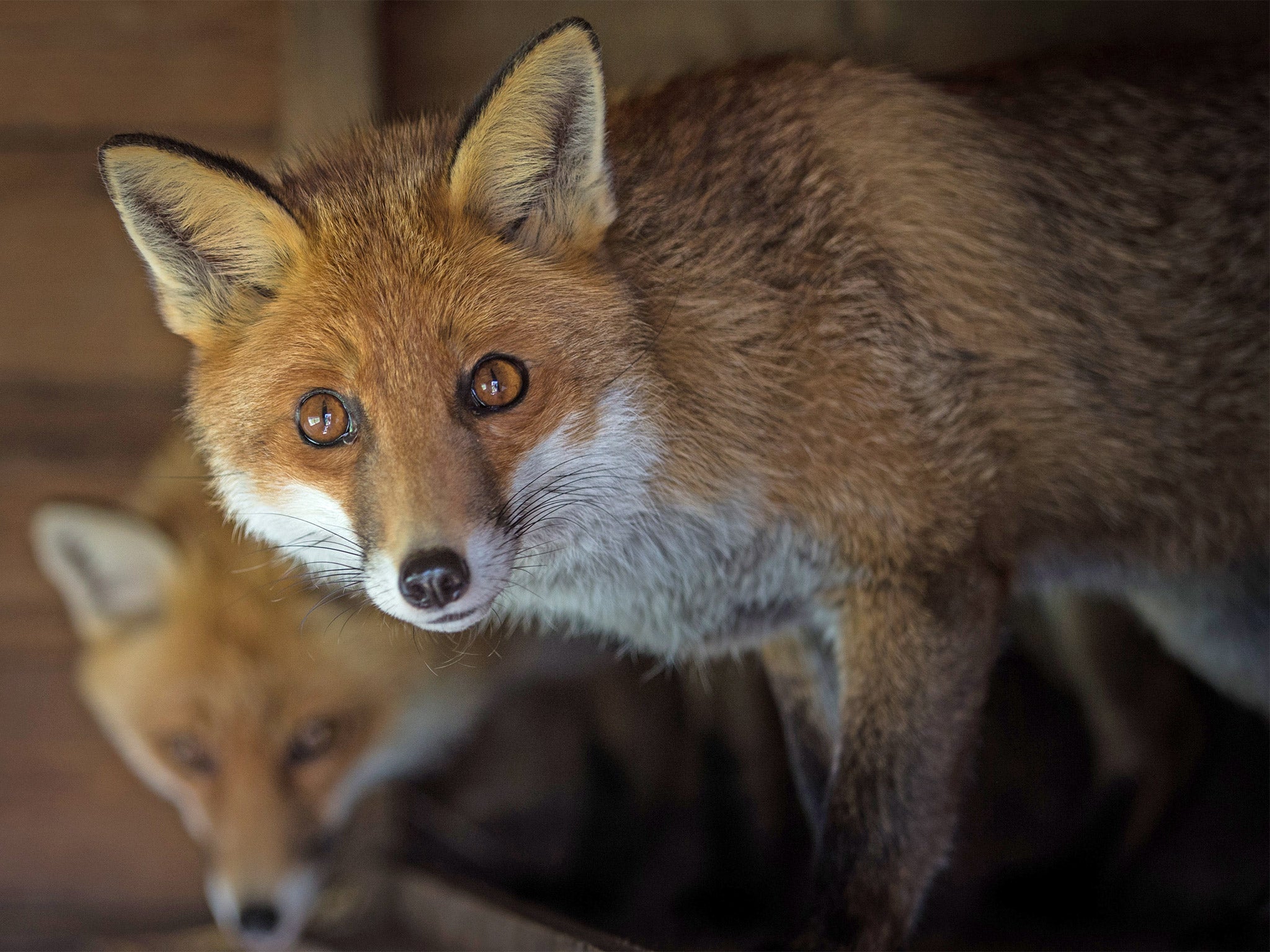The fox hunting ban's loopholes make it ineffective
Even the upper echelons of the hunting community agree the ban isn’t really working

Your support helps us to tell the story
From reproductive rights to climate change to Big Tech, The Independent is on the ground when the story is developing. Whether it's investigating the financials of Elon Musk's pro-Trump PAC or producing our latest documentary, 'The A Word', which shines a light on the American women fighting for reproductive rights, we know how important it is to parse out the facts from the messaging.
At such a critical moment in US history, we need reporters on the ground. Your donation allows us to keep sending journalists to speak to both sides of the story.
The Independent is trusted by Americans across the entire political spectrum. And unlike many other quality news outlets, we choose not to lock Americans out of our reporting and analysis with paywalls. We believe quality journalism should be available to everyone, paid for by those who can afford it.
Your support makes all the difference.The general consensus among anti-hunting campaigners – and indeed among many pro-hunters – is that the current ban isn’t working at all well.
The problem, they say, is that it is all too easy to exploit a loophole in the law which allows for “trail” hunting – where a pack of hounds is allowed to chase after an artificially laid fox scent.
All too often, campaigners say, the hunts use the loophole as an excuse for a traditional hunt – claiming they and their dogs are only following a scent when in fact they are chasing and killing foxes.
The hunting groups have always denied this, while the campaigners say it is extremely difficult to prove, in large part because hunts are very poorly policed. And attempts to monitor hunts by activists have frequently been met with various degrees of aggression, they claim.
Whether they are exaggerating is unclear but one high-profile case involving Otis Ferry – son of Roxy Music singer Bryan – illustrates that this kind of behaviour does indeed go on. Ferry and a hunting colleague John Deutsch, were found liable for the civil assault of two female monitors of a meeting of David Cameron’s local Heythrop Hunt, based in Chipping Norton, Oxfordshire, in November 2007.
There have been around 400 prosecutions under the Hunting Act, although opponents say the extent of illegal foxhunting is far higher. Even the upper echelons of the hunting community agree the ban isn’t really working.
In the run-up to the general election, hunts around the UK helped Conservative parliamentary candidates sympathetic to their cause by putting up posters, leafleting and canvassing for them.
In a joint email in April, Lord Mancroft, who chairs the Council of Hunting Associations, and Hunting Office director Tim Easby appeared to acknowledge the Hunting Act wasn’t working. Asked by The Independent if their reference to the “status quo” alluded to illegal hunting, Mr Easby insisted he was only talking about activities “within the bounds of the Hunt Act” .
In the view of the anti-hunting campaigners, there has been a different type of status quo – in which traditional hunts have been continuing despite the ban. And the fear is that to amend of the ban to allow for big packs of dogs hunting for pest-control purposes will widen the status quo.
Join our commenting forum
Join thought-provoking conversations, follow other Independent readers and see their replies
Comments